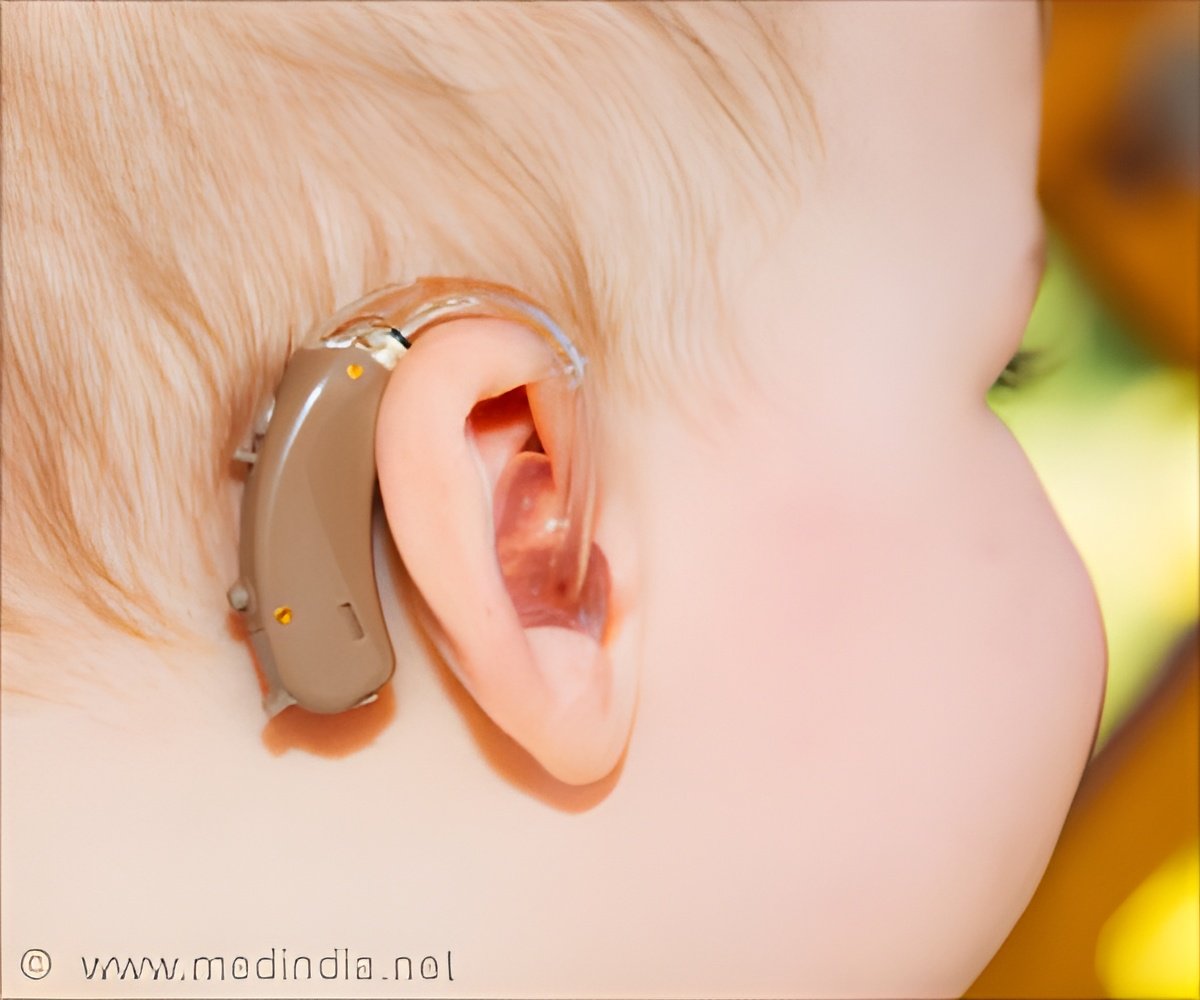
One-year-old Chander (name changed) from Bangalore recently underwent a successful cochlear implant surgery at SPARSH Hospital, effectively restoring his hearing. Cochlear implants () bypass damaged parts of the ear and directly stimulate the auditory nerve. The implant generates signals that travel through the auditory nerve to the brain, where they are interpreted as sound. With advanced medical care, SPARSH Hospital ensures that even the most complex health conditions are effectively managed.
Chander’s parents brought him to the hospital after noticing he didn’t respond to loud sounds. Upon thorough evaluation, it was discovered that he had bilateral profound hearing loss due to genetic factors. Despite his young age, doctors decided to proceed with a cochlear implant surgery to bypass the block in his cochlea, enabling him to perceive sound.
Genetic Condition Necessitates Cochlear Implant Surgery
The evaluation revealed that while Chander’s overall anatomy was normal, a genetic condition affected the cells in his cochlea, hindering his ability to perceive hearing signals. Initially, a hearing aid was tried, but it produced no positive results. Therefore, the decision was made to proceed with a cochlear implant surgery. This small electronic device, consisting of internal and external components, was implanted directly into Chander’s cochlea.
The surgery was intricate, especially considering Chander’s age. The external device, resembling a hearing aid, is operated by the wearer. The internal device required a small 5 cm incision behind the ear to create a pocket in the skull for implant placement. Electrodes were carefully guided into the ear through a bone channel, avoiding the facial nerve. Once securely in place, the external device, either a hearing aid resembling a box or an ear processor, was attached directly to the internal device using a magnet. Despite the challenges, excellent planning and anesthesia care ensured a successful surgery. Chander recovered well, spending a few days in the ward receiving routine antibiotic injections before being discharged on the third day without complications.
Commenting on the surgery, Dr. Basharat Nadeem, Consultant Otologist and Cochlear Implant Surgeon at SPARSH Hospital, Infantry Road, Bangalore, said: “This procedure may seem simple, but it requires precision. The implant alone constitutes only 30% to 35% of the process; more emphasis should be placed on post-implant speech therapy. The activation of the device, typically occurring three to four weeks post-surgery, marks the beginning of the child’s auditory journey. We are happy that post-surgery Chander had no complications and returned to his normal life.”
Despite his young age, Chander underwent the surgery and received a new lease on life. Our commitment to delivering compassionate and precise medical care ensures better health outcomes for patients of all ages.
Reference:
- Cochlear implants – (https://www.mayoclinic.org/tests-procedures/cochlear-implants/about/pac-20385021)
Source-Medindia



